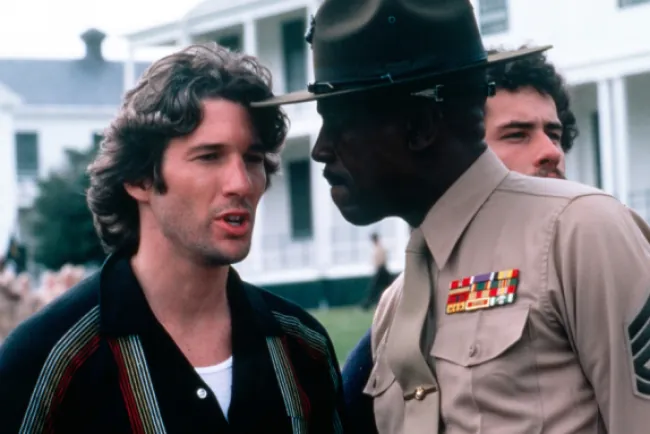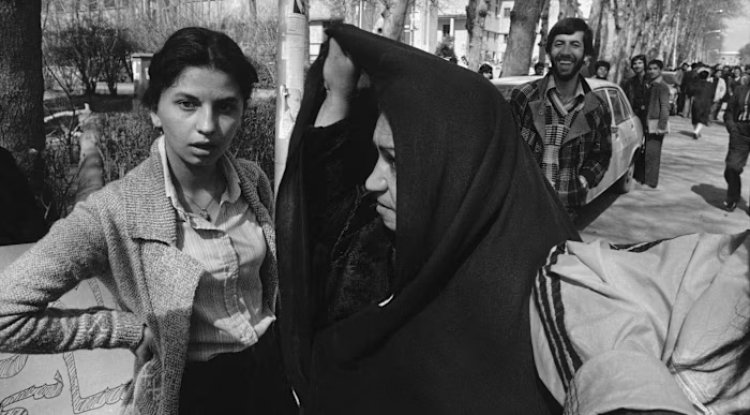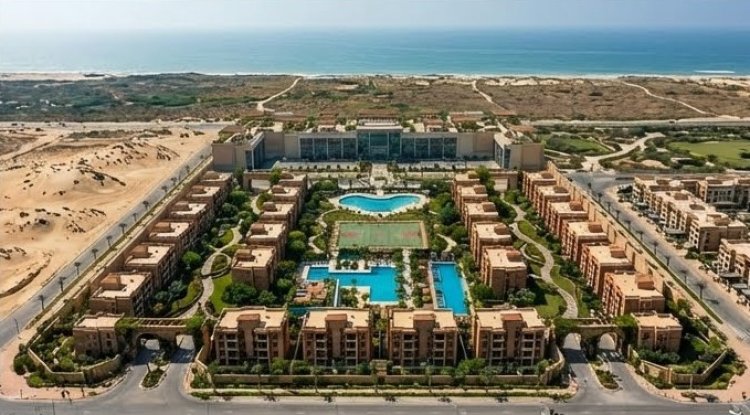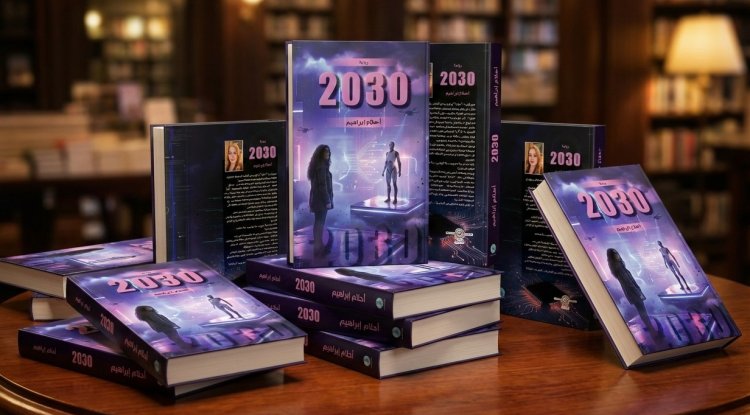The Godfather: Beyond Gangsters - Coppola's Warning to America
The Godfather serves as Coppola's cautionary tale on power and morality in America. A deep dive into the film's symbolic warning
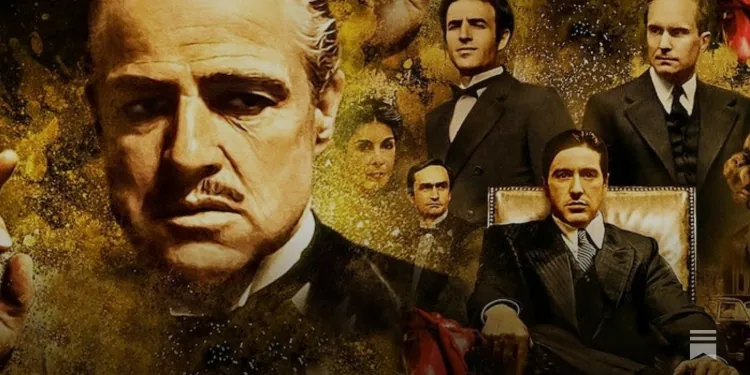
-
Introduction
- Overview of The Godfather's premiere and its cultural impact
- Brief on Coppola's intention behind the film
-
Coppola's Vision and the Mafia Metaphor
- Initial reluctance and eventual inspiration from the novel
- The thematic shift from organized crime to power dynamics
-
The American Dream and the Corleone Family
- The portrayal of the Corleone family and its reflection of American society
- Michael's transformation as a symbol of corrupted ideals
-
Parallels between the Corleones and US Foreign Policy
- The use of power and influence in domestic and international arenas
- Michael and America's justifications for their actions
-
The Godfather's Cultural and Political Commentary
- The film as a critique of capitalism, the American Dream, and US foreign policy
- Coppola's warning about the consequences of power
-
Conclusion
- The enduring relevance of The Godfather's message on power and morality
-
FAQs
- Addressing common questions about the film's themes and impact
-
Explore More
- Invitation to discover more insights on Coppola and The Godfather at Kiksee Magazine.
The Godfather: Coppola's Stark Warning to America
When The Godfather premiered in New York on March 14, 1972, it was more than just the unveiling of a cinematic masterpiece; it was the birth of a cultural phenomenon. Directed by Francis Ford Coppola, the film transcended its gangster genre roots to deliver a powerful commentary on power, corruption, and the American Dream.
Coppola's Vision and the Mafia Metaphor
Coppola's initial disinterest in Mario Puzo's novel transformed as he recognized its deeper themes of power and family. Opting to focus less on the lurid details of mafia life and more on the dynamics of power, Coppola envisioned The Godfather as a mirror to American society, emphasizing the corruptive nature of power and the Machiavellian tactics employed by those in positions of authority.
The American Dream and the Corleone Family
The Corleone family's saga serves as a poignant illustration of the American Dream's darker facets. Michael Corleone's journey, in particular, epitomizes the corruption of idealism by power. Starting as an outsider with noble intentions, Michael's descent into the family business reflects the betrayal of American ideals on both a personal and a national level.
Parallels between the Corleones and US Foreign Policy
The film draws striking parallels between the Corleones' ruthless tactics and those employed by the US during the Cold War era. Coppola uses Don Corleone and his son Michael as allegories for America's foreign policy strategies, highlighting the ethical compromises made in the name of power and protection.
The Godfather's Cultural and Political Commentary
Beyond its narrative of crime and family, The Godfather critiques various aspects of American life, from capitalism to the motion picture industry. The film is celebrated not only for its artistic achievement but also for its insightful commentary on the pursuit of power and its consequences.
Conclusion
The Godfather remains a timeless warning about the dangers of power and the corruption it breeds. Through the lens of the Corleone family's rise and fall, Coppola offers a reflection on American values, questioning the cost of ambition and the moral compromises that accompany it.
FAQs
- What inspired Coppola to focus on power dynamics in The Godfather?
- How does The Godfather reflect on the American Dream?
- What are the parallels between the Corleones and US foreign policy?
Explore More
For further insights into Francis Ford Coppola's work and the lasting impact of The Godfather, visit Kiksee Magazine. Discover a world of deep dives into cinematic masterpieces and their profound societal implications.
What's Your Reaction?







